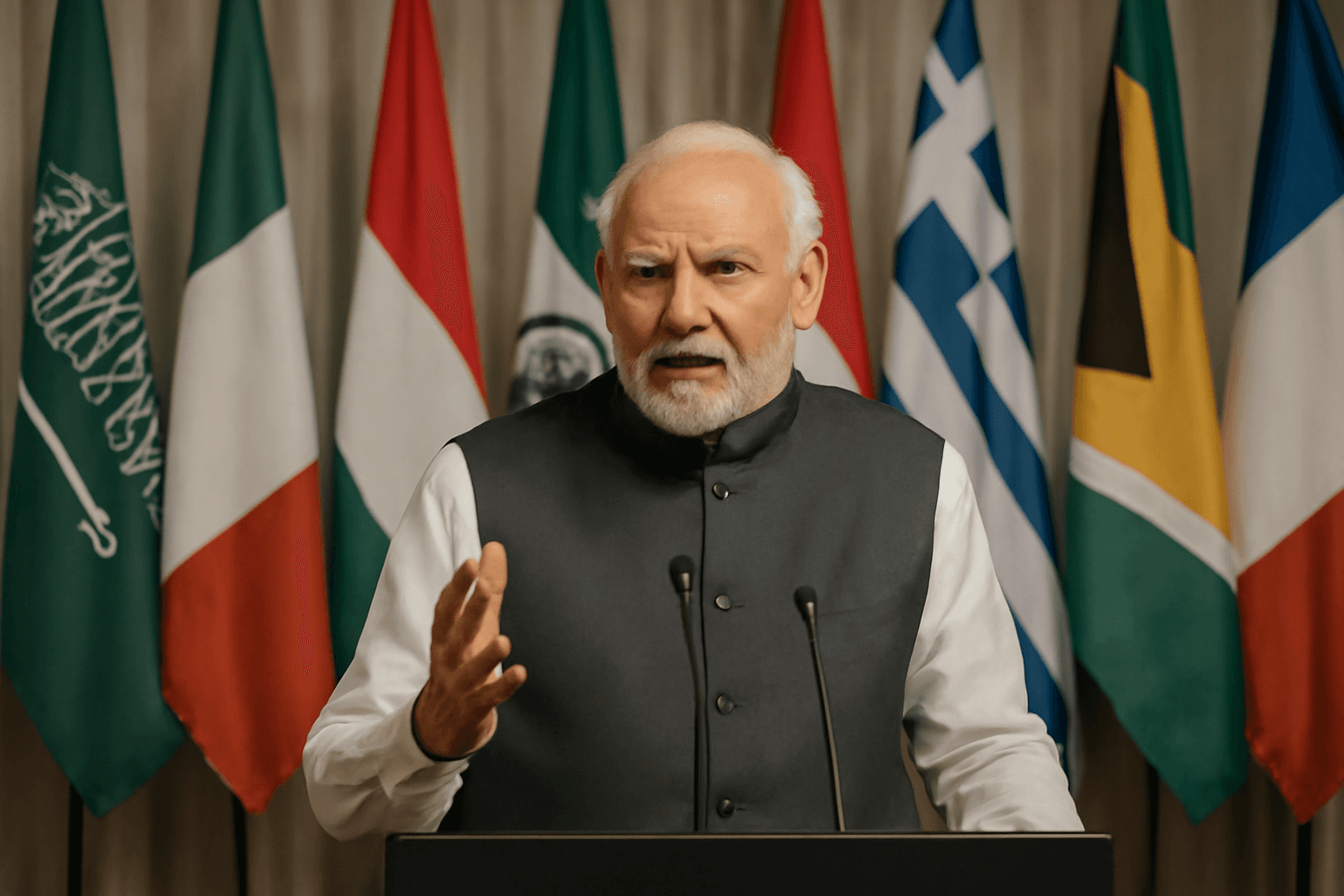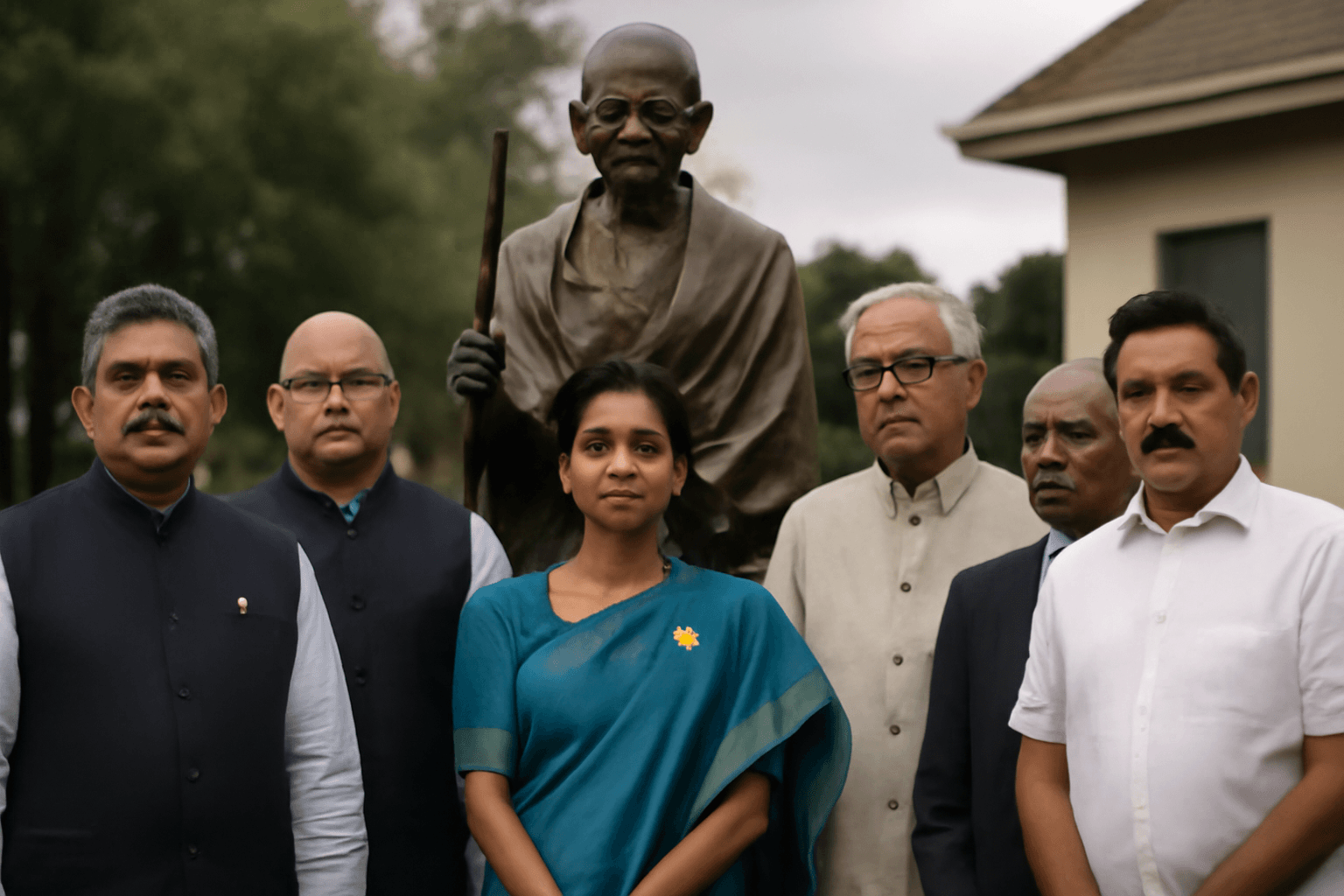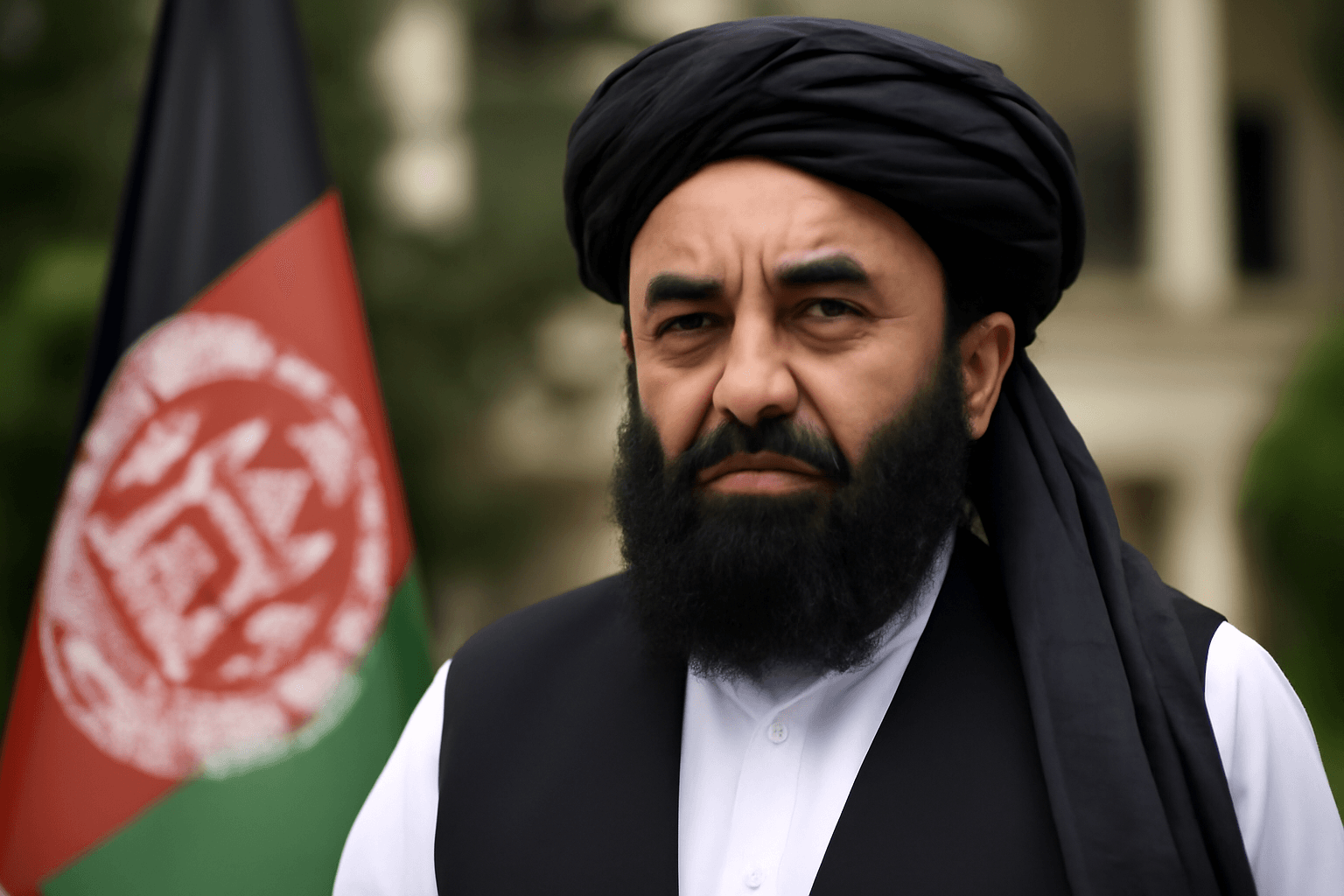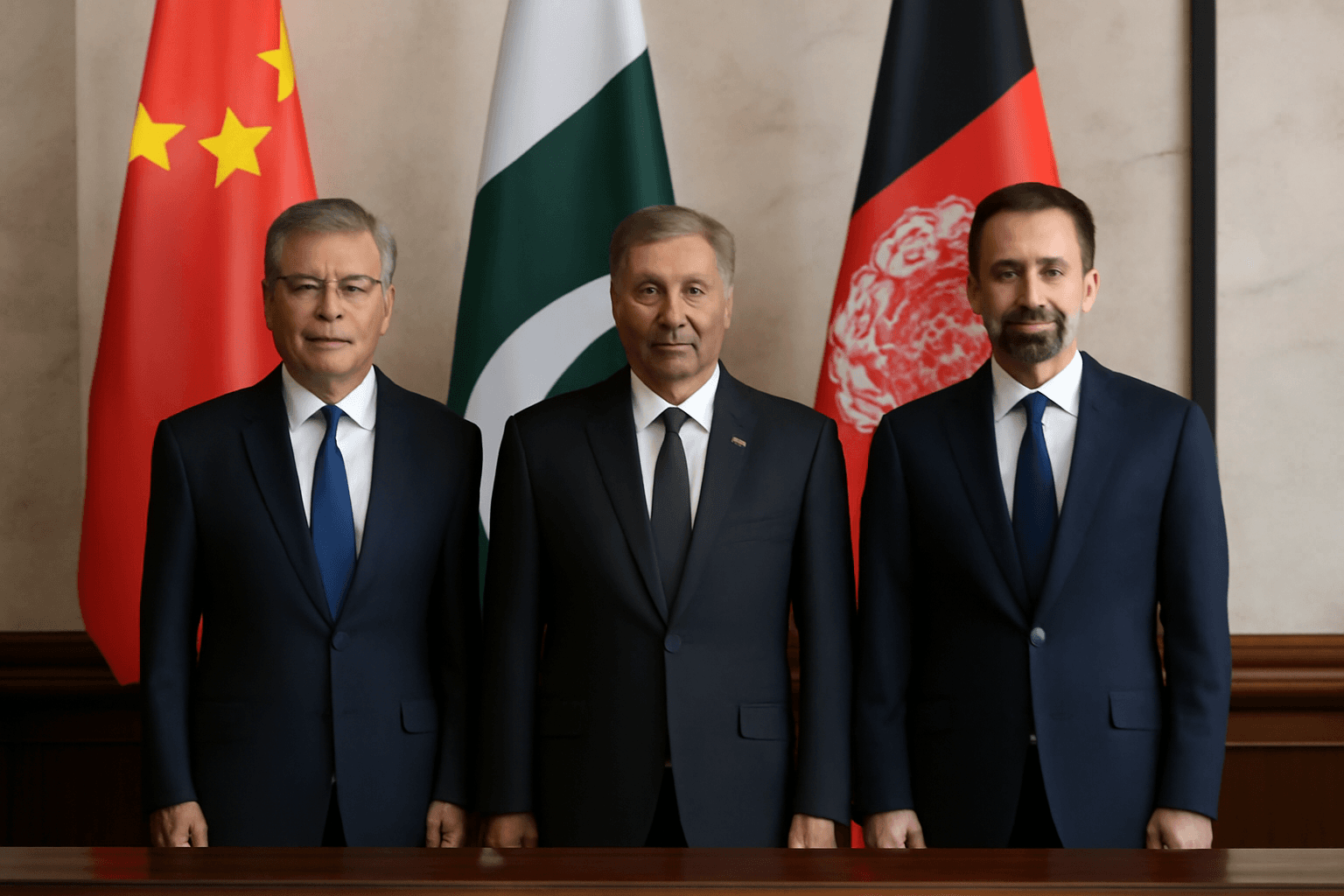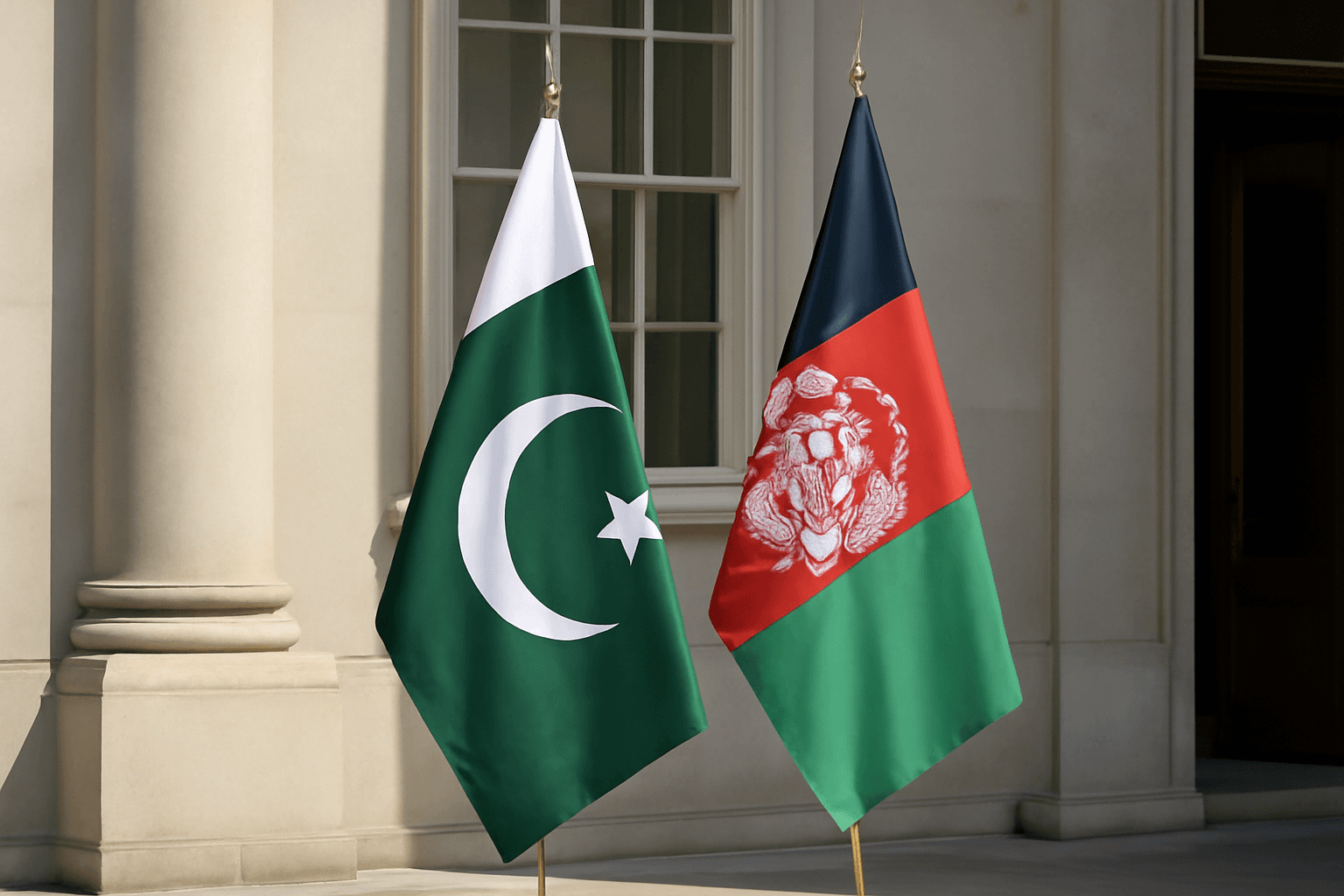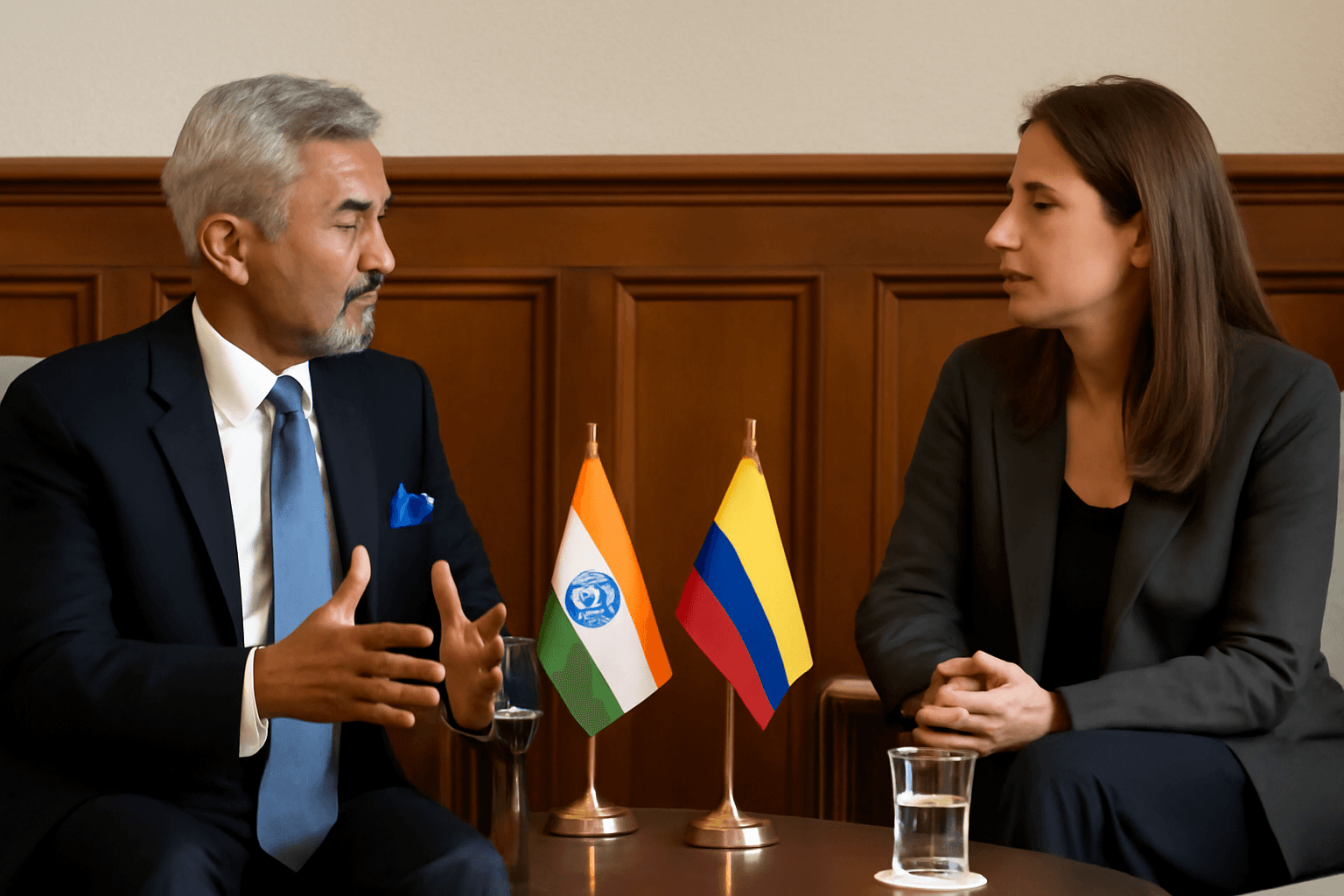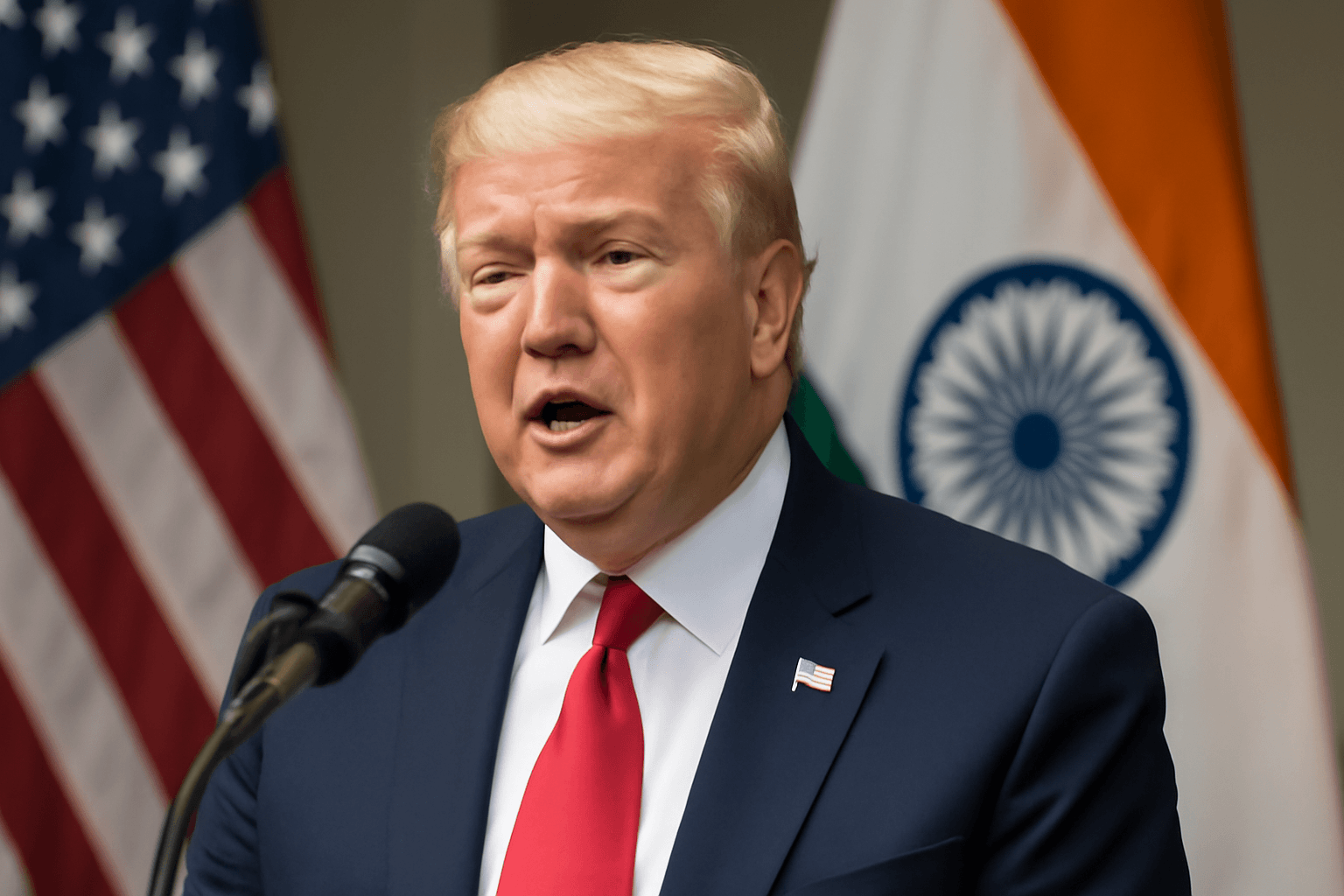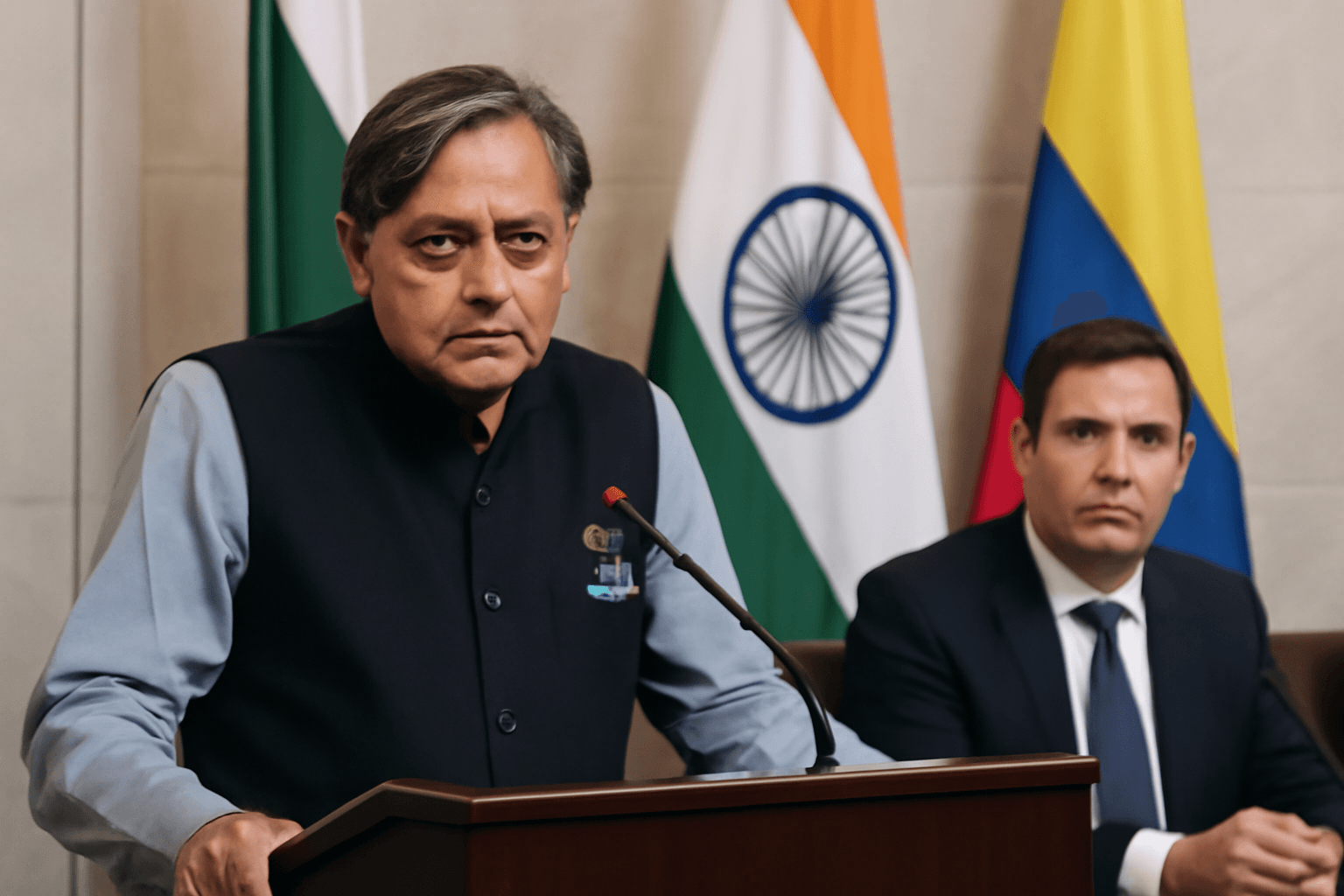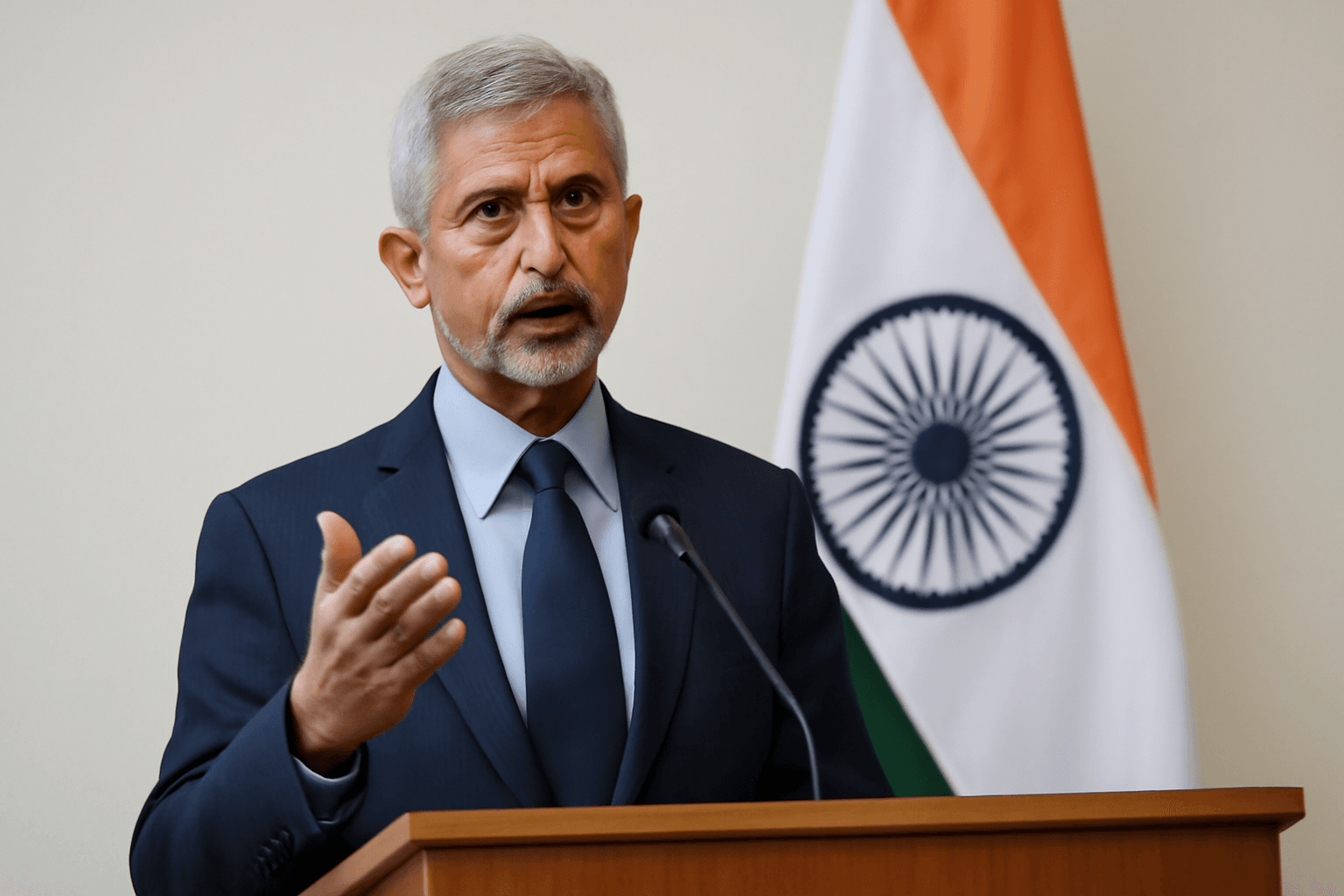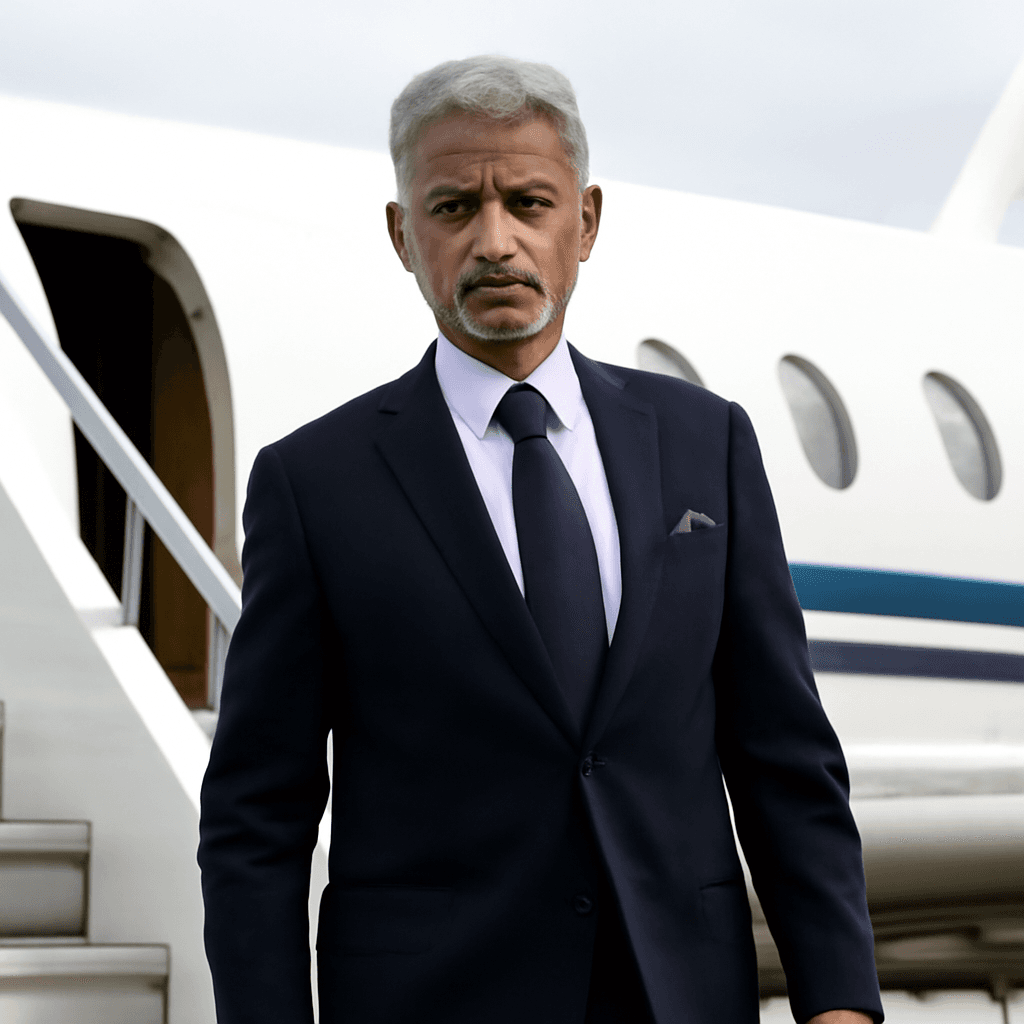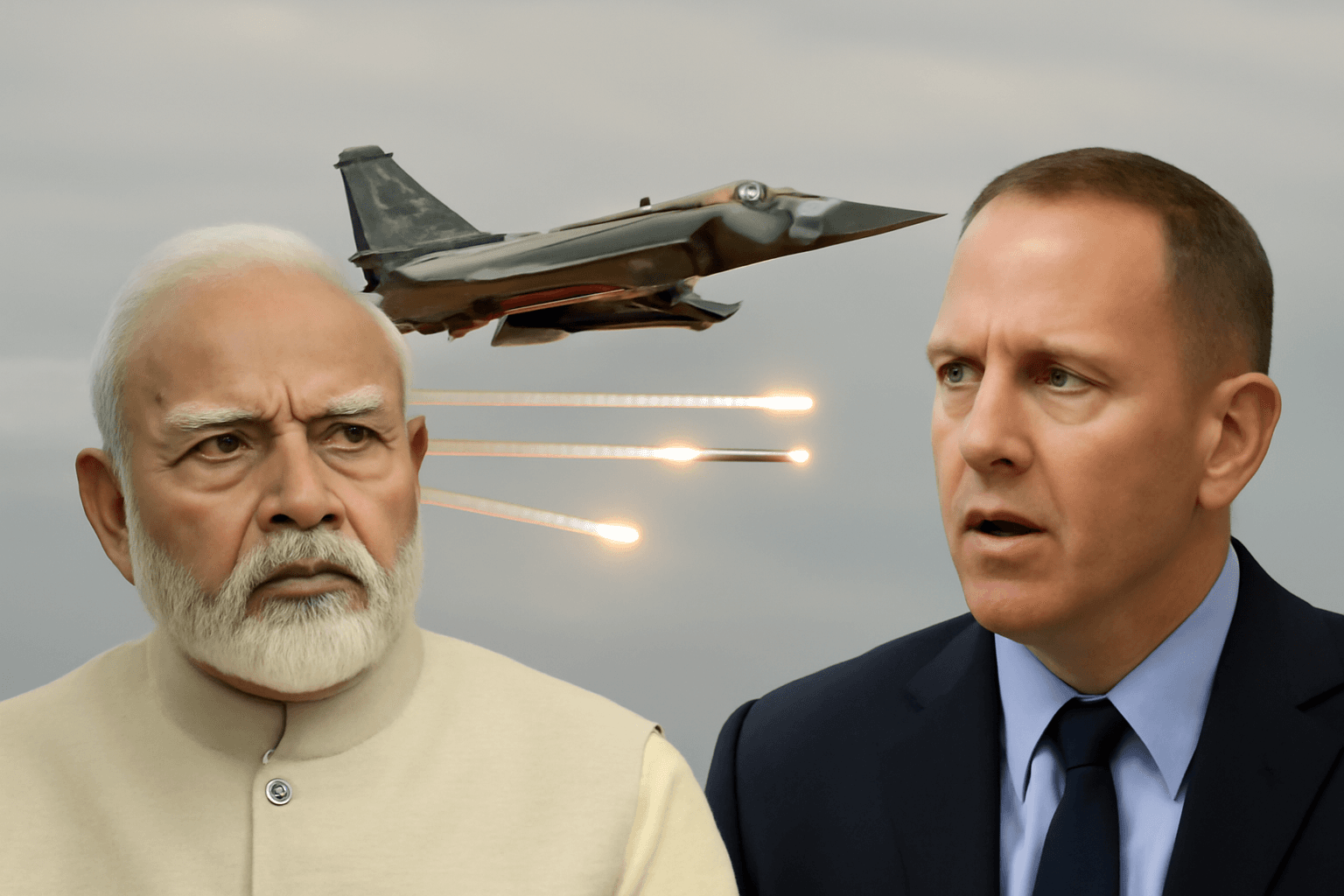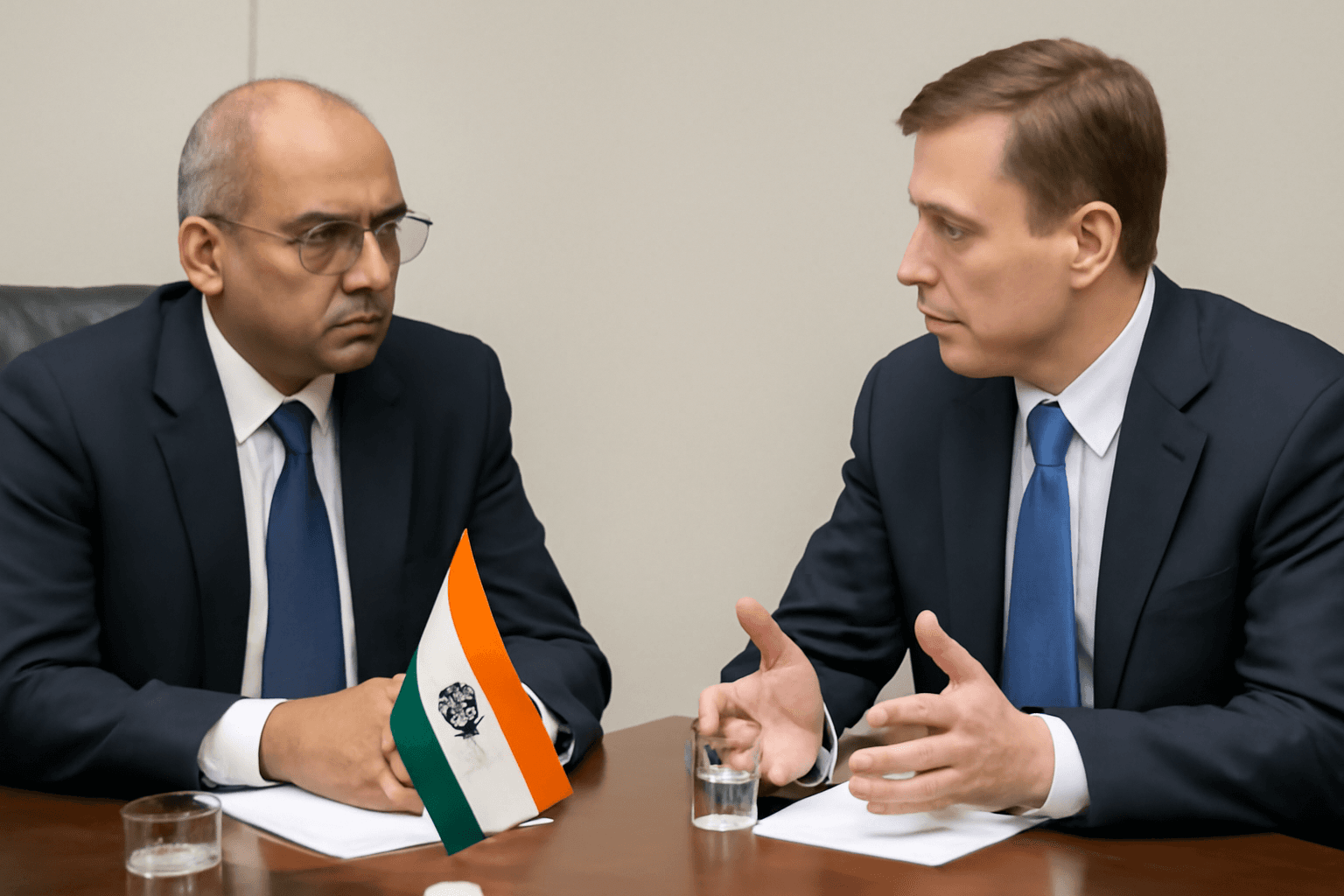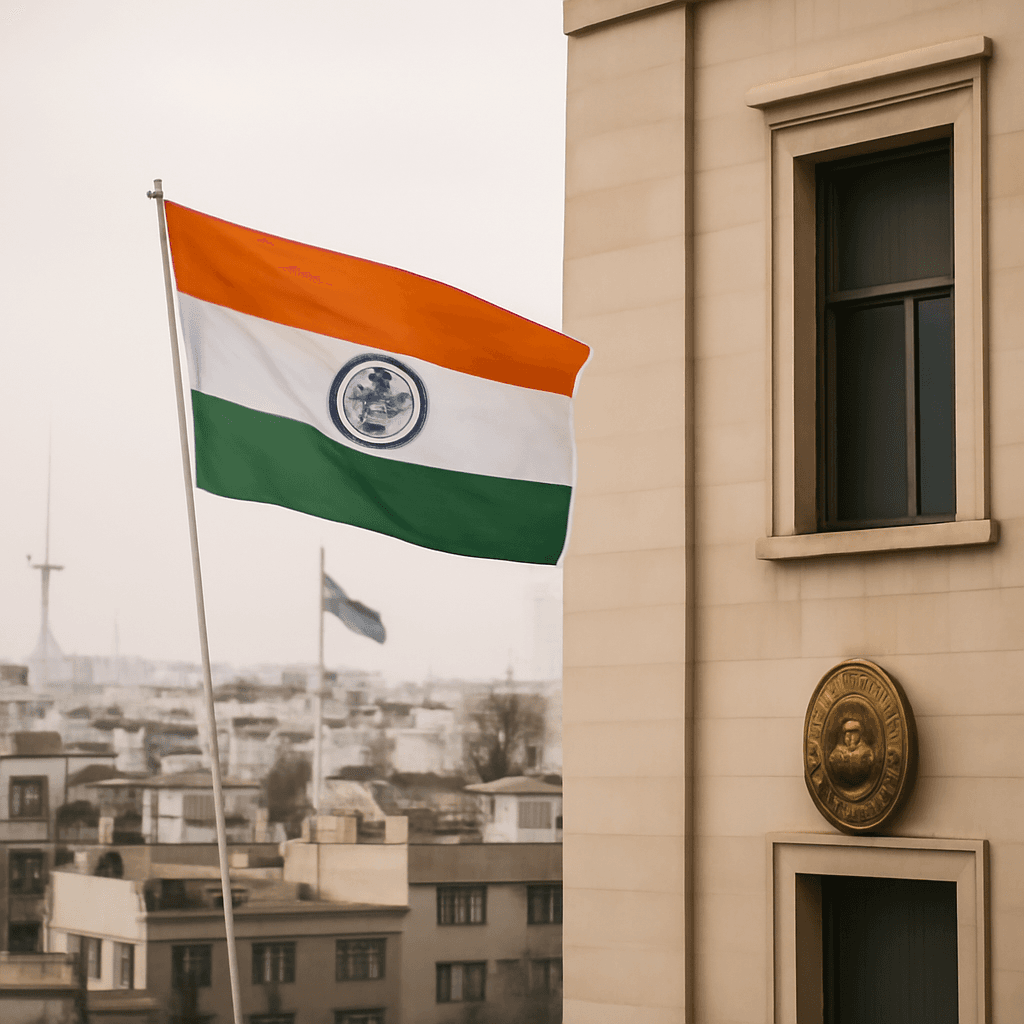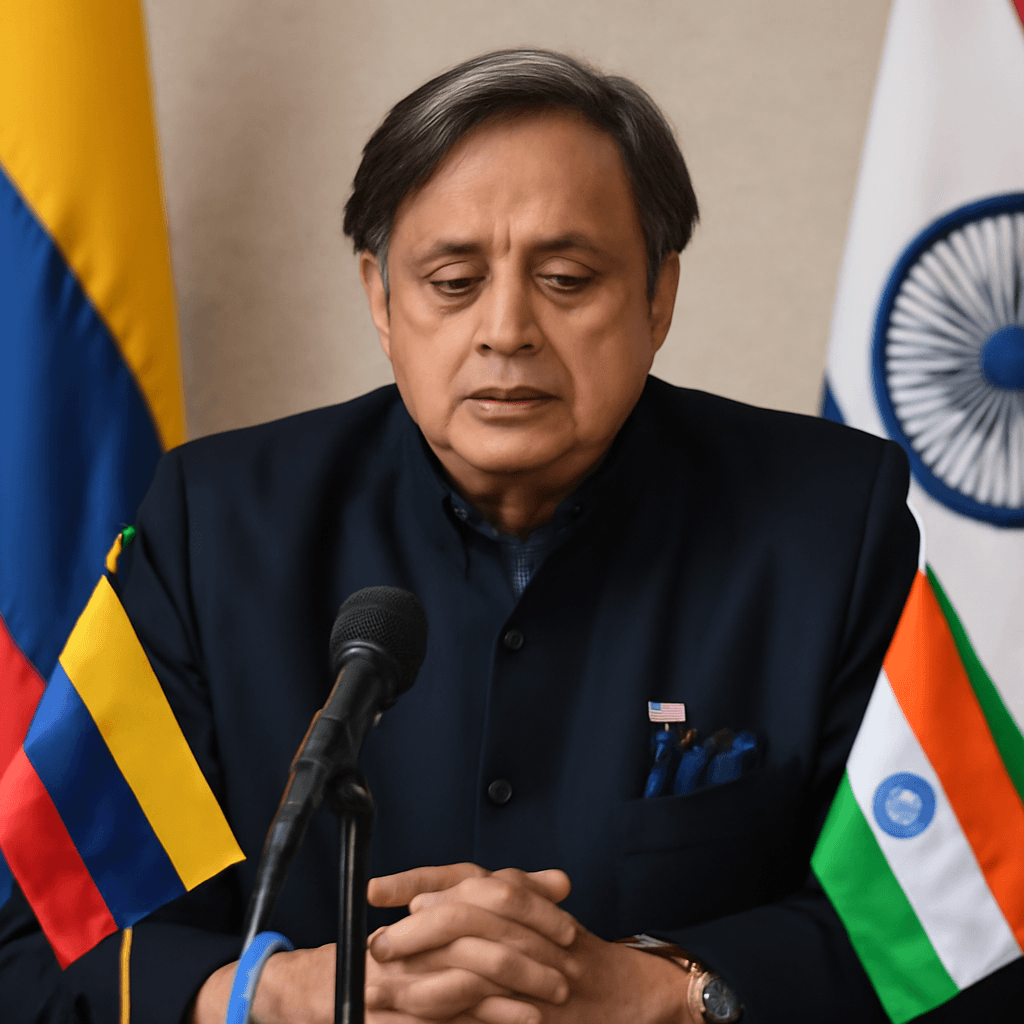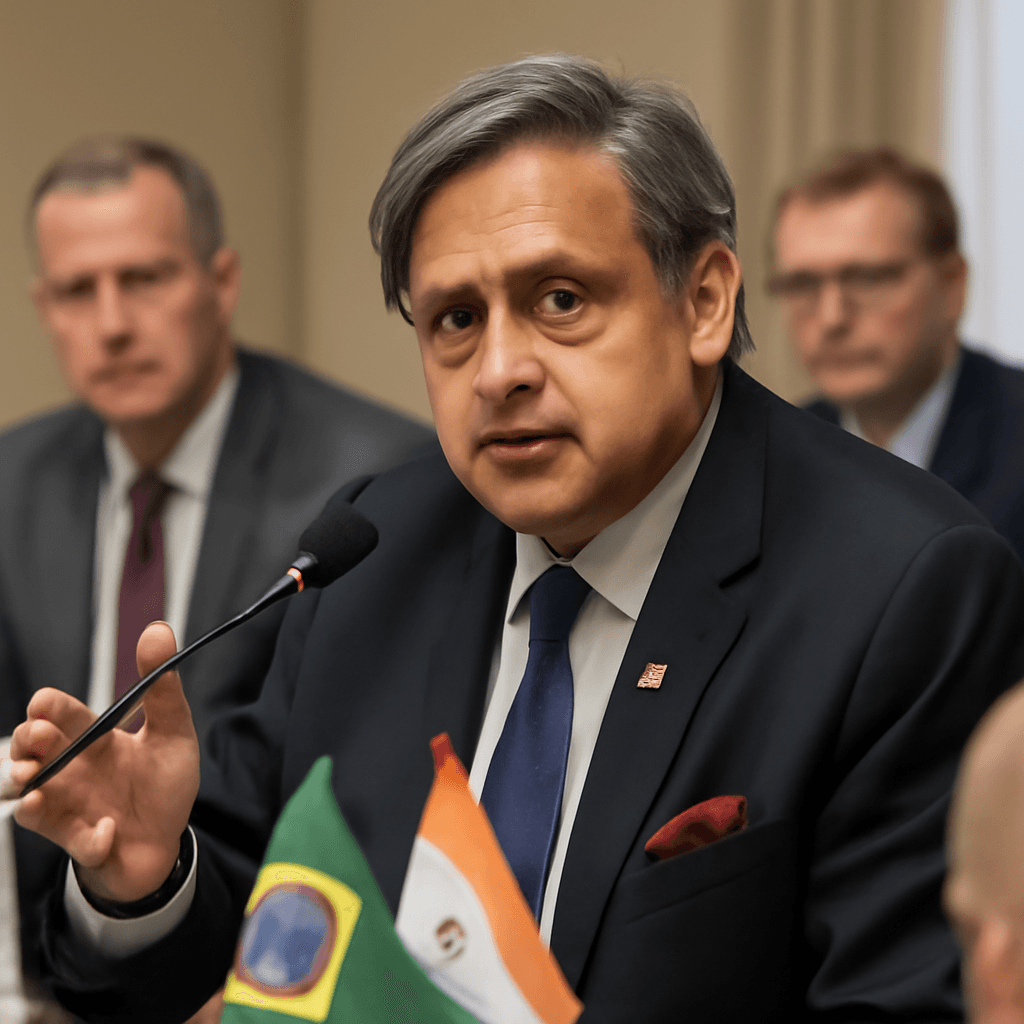India-Central Asia Dialogue Focuses on Regional Terrorism and Cooperation
At the 4th India-Central Asia Dialogue held in New Delhi, Indian External Affairs Minister S. Jaishankar commended Central Asian countries for their condemnation of the recent Pahalgam terror attack. The summit underscored India’s strategic intent to foster strong partnerships in Central Asia, unify efforts against terrorism, and subtly signal Pakistan and its allies about emerging regional dynamics.
Strengthening Diplomatic and Economic Relations
During the event, Jaishankar met with foreign ministers from Kazakhstan, Kyrgyzstan, Uzbekistan, Tajikistan, and Turkmenistan to discuss enhancing cooperation. He highlighted three decades of evolving diplomatic relations, further solidified since Prime Minister Modi’s landmark visits to all five Central Asian capitals in 2015.
Emphasizing India's historical and cultural connections, Jaishankar noted: "Our ties are rooted in millennia-old civilizational exchanges, strengthened by trade, ideas, and people-to-people interactions."
Furthering economic cooperation, India proposed expanding digital technology and fintech partnerships. He also pointed out improved air connectivity facilitating tourism and business exchanges. Additionally, the significant number of Indian students pursuing higher education in Central Asia was mentioned as a pillar of growing people-to-people relations.
Unified Stance Against Terrorism
Jaishankar’s statements came amid an effort to consolidate a unified front against terrorism in the region. By securing Central Asian support condemning the Pahalgam attack, India demonstrates broader regional backing for its counterterrorism measures.
Strategic Message to Pakistan and Azerbaijan
This diplomacy carries a clear geopolitical subtext. Pakistan, historically a haven for terror groups targeting India, and Azerbaijan, an ally of Pakistan citing itself as a gateway to Central Asia, now face a shifting landscape. Growing India-Central Asia ties challenge Azerbaijan’s exclusive narrative and spotlight regional consensus against terrorism.
- Central Asian countries coordinate increasingly with India on security.
- India’s diplomatic efforts aim to isolate terror sponsorship in the region.
- Economic and educational ties serve as soft power tools reinforcing partnerships.
By rallying Central Asia, India not only solidifies strategic alliances but also implicitly cautions Pakistan and its supporters about the consequences of terrorism and destabilization efforts in the neighborhood.


